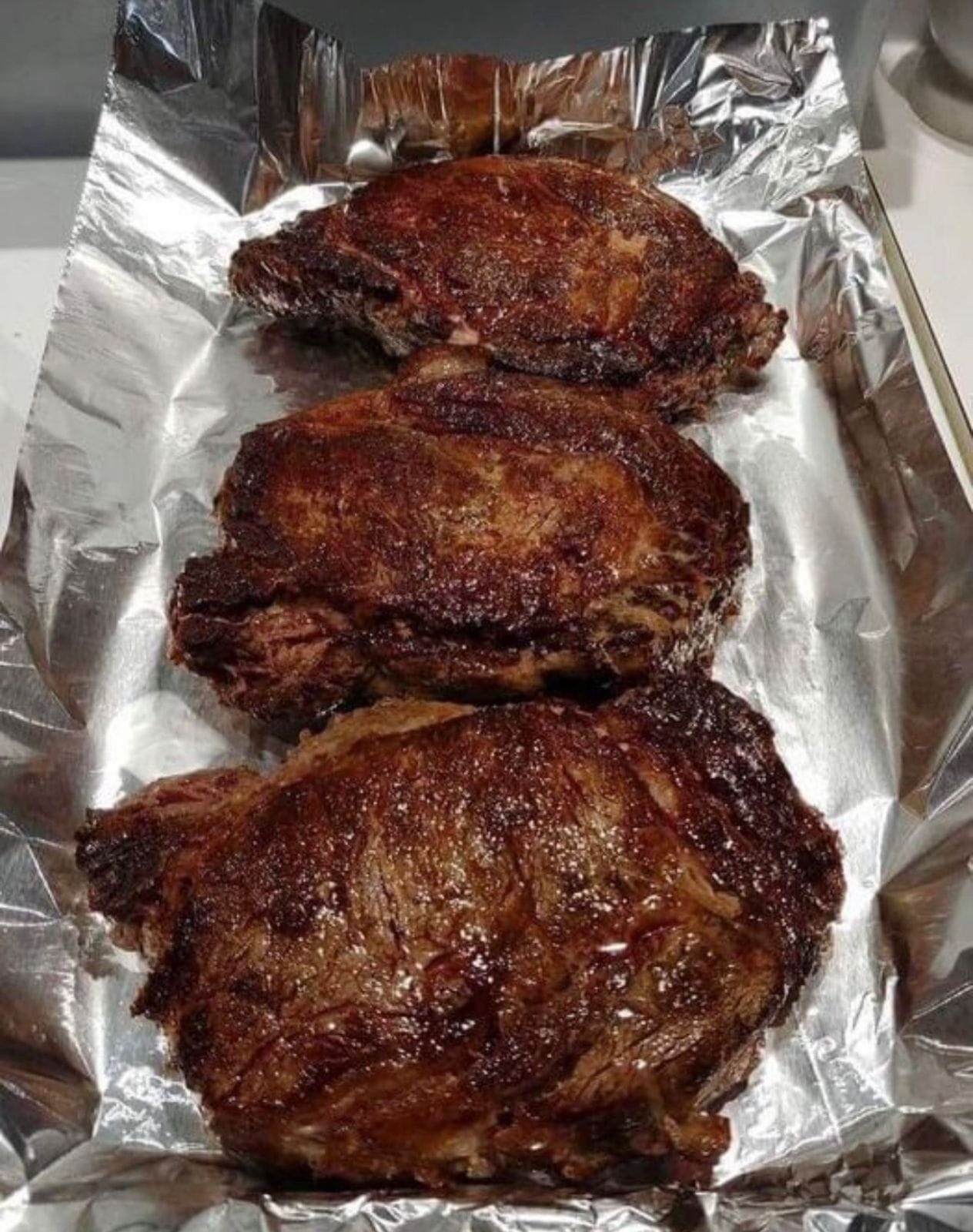ADVERTISEMENT
Here’s an article to highlight the secrets behind your Perfectly Tender Meats!
Perfectly Tender Meats: The Secrets to Succulent Flavor in Every Bite
When it comes to cooking meat, tenderness is key. Achieving that melt-in-your-mouth quality takes a bit of technique, but the results are well worth it. If you’re known for creating incredibly tender meats, this article will share the secrets behind your process, helping others transform their own meals.
Why Tender Meat Makes a Difference
Tender meat has a juicy, rich texture that is more flavorful and enjoyable to eat. With the right cooking techniques, even the toughest cuts can turn into succulent, mouth-watering dishes that everyone will love.
Techniques for Perfectly Tender Meat
- Marinating for Extra Tenderness
Marinades are great for softening the muscle fibers of meat and infusing flavor. For the best results, marinate your meat for several hours (or even overnight) with acidic ingredients like vinegar, citrus juice, or yogurt. These acids help break down proteins, making the meat more tender. - Low and Slow Cooking
Cooking meat at a low temperature over an extended period breaks down collagen and connective tissues, resulting in a tender and juicy texture. This method is ideal for tougher cuts like brisket, chuck roast, and ribs. Slow cookers, ovens, or even stovetop braising can be perfect for low-and-slow cooking. - Using Meat Tenderizers
A meat tenderizer (a mallet or similar tool) helps break down muscle fibers. Simply pound the meat lightly on both sides before seasoning, which is especially helpful for tougher cuts like pork chops, steaks, and chicken breasts. - Resting After Cooking
Letting meat rest after cooking allows the juices to redistribute, making each bite more flavorful. Wrap the cooked meat in foil and let it sit for about 10 minutes before cutting into it. - Choosing the Right Cuts
Some cuts of meat are naturally more tender than others. For instance, the tenderloin, ribeye, and filet mignon are inherently softer than tougher cuts like brisket or flank. If tenderness is the goal, consider opting for these cuts when possible. - For Complete Cooking STEPS Please Head On Over To Next Page Or Open button (>) and don’t forget to SHARE with your Facebook friends
ADVERTISEMENT
